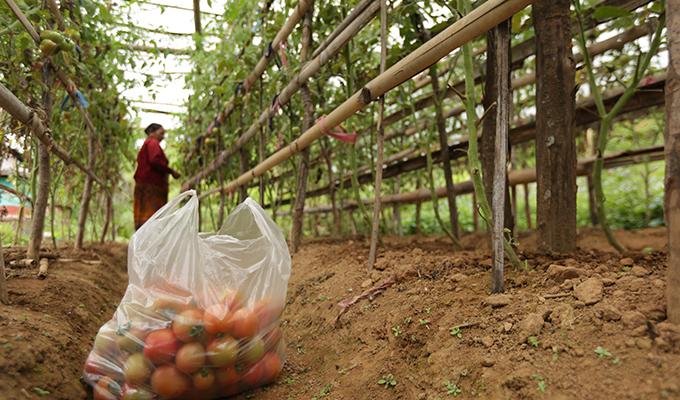Mapping, identification of molecular markers associated with heat tolerance QTLs in tomato

Tomato is one of the most significant vegetable crops grown worldwide. However, important traits such as pollen meiosis, germination, ovule development, viability and development of the embryo and fruit set of most tomato cultivars are adversely affected under temperatures higher than 35°C. This leads to non-availability in certain months.
This study has been proposed to develop a F2 mapping population segregating for heat tolerance and using it for mapping of quantitative trait locus (QTL) associated with heat tolerance. Heat tolerant genotypes will be used in combination with a heat sensitive cultivar to develop the mapping populations.
A relatively smaller F2 population has already been developed and evaluated in the field which displayed wide variability in fruit traits and yield traits under heat stress. Molecular markers such as Amplified Fragment Length Polymorphism (AFLP) and microsatellites will be used for genotyping. Alternatively, high throughput markers such as genotype by sequencing (GBS) will be used to increase the marker density.

